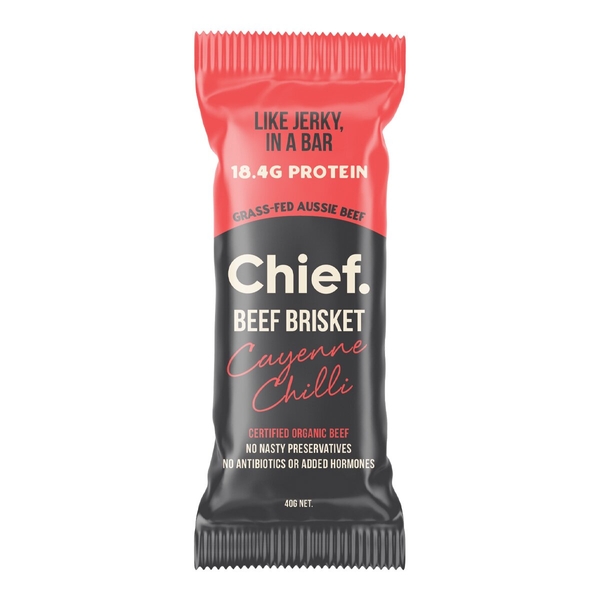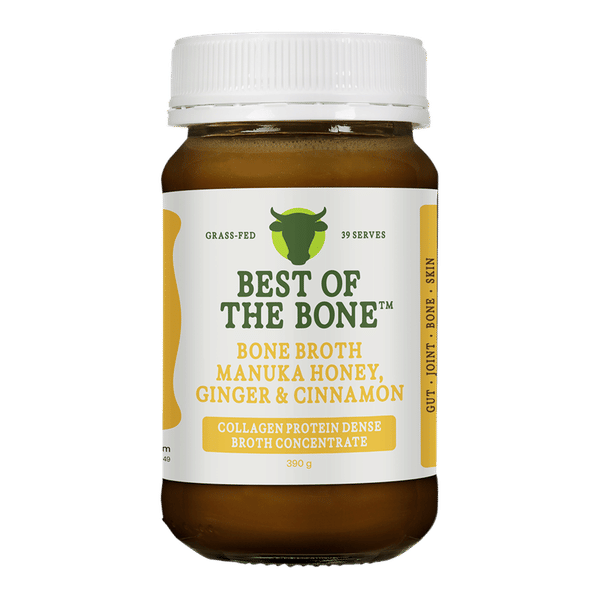
Background
Marjoram is commonly used for runny nose, cough, common cold, other infections, and various digestion problems, but there is no good scientific evidence to support any use.
In foods, marjoram herb and oil are used as flavorings. In manufacturing, the oil is used as a fragrance in soaps, cosmetics, lotions, and perfumes.
Don't confuse marjoram with oregano (Origanum vulgare), which is also referred to as winter marjoram or wild marjoram.
Safety Safety definitions
When applied to the skin: There isn't enough reliable information to know if marjoram is safe. Some people are allergic to marjoram.
Special Precautions & Warnings:
Pregnancy and breast-feeding: Marjoram is POSSIBLY UNSAFE in medicinal amounts when pregnant. It might start your period, and that could threaten the pregnancy. There isn't enough reliable information to know if marjoram is safe to use when breast-feeding. Stay on the safe side and stick to food amounts.Bleeding disorders: Taking medicinal amounts of marjoram might slow clotting and increase the chances of bruising and bleeding in people with bleeding disorders.
Slow heart rate: Marjoram might slow the heart rate. This might be a problem for people who already have a slow heart rate. If you have this condition, use marjoram cautiously.
Allergy to basil, hyssop, lavender, mint, oregano, and sage: Marjoram can cause allergic reactions in people allergic to these plants and other members of the Lamiaceae family of plants.
Gastrointestinal (GI) tract blockage: There is a concern that using marjoram might make GI blockage worse. That is because marjoram can increase mucous and fluid secretions in the intestine, causing "congestion". If you have a GI tract blockage, check with your healthcare provider before you use marjoram.
Stomach ulcers: There is a concern that using marjoram might make stomach ulcers worse. That is because marjoram can increase mucous and fluid secretions in the stomach and intestine, causing "congestion". If you have stomach ulcers, check with your healthcare provider before you use marjoram.
Lung conditions such as asthma or chronic obstructive pulmonary disease (COPD): There is a concern that using marjoram might make asthma or COPD worse. That is because marjoram can increase mucous and fluid secretions in the lung, causing "congestion". If you have asthma or COPD, check with your healthcare provider before you use marjoram.
Seizure disorder (epilepsy): Since marjoram seems to affect brain chemicals, there is concern that it might make epilepsy worse. If you have a seizure disorder such as epilepsy, use marjoram cautiously.
Surgery: Taking medicinal amounts of marjoram might increase the risk of bleeding during and after surgery. Stop using marjoram medicinally at least 2 weeks before a scheduled surgery.
Urinary tract or reproductive system blockage: There is a concern that using marjoram might make blockage of the urinary or reproductive system worse. That is because marjoram can increase mucous and fluid secretions in these organs, causing "congestion". If you have a urinary tract or reproductive system blockage, check with your healthcare provider before you use marjoram.
Effectiveness
Dosing & administration
Interactions with pharmaceuticals
Drying medications (Anticholinergic drugs)
Interaction Rating=Moderate Be cautious with this combination.
Marjoram might affect the brain and heart. Some drying medications called anticholinergic drugs can also affect the brain and heart. Marjoram might decrease the effects of drying medications.
Some drying medications include atropine, benztropine (Cogentin), biperiden (Akineton), procyclidine (Kemadrin), scopolamine, trihexyphenidyl (Artane), and some medications used for allergies (antihistamines), and for depression (antidepressants).
Medications that slow blood clotting (Anticoagulant / Antiplatelet drugs)
Interaction Rating=Moderate Be cautious with this combination.
When taken in medicinal amounts, marjoram might slow blood clotting. Taking marjoram along with medications that also slow clotting might increase the chances of bruising and bleeding.
Some medications that slow blood clotting include aspirin, clopidogrel (Plavix), diclofenac (Voltaren, Cataflam, others), ibuprofen (Advil, Motrin, others), naproxen (Anaprox, Naprosyn, others), dalteparin (Fragmin), enoxaparin (Lovenox), heparin, warfarin (Coumadin), and others.
Various medications used for glaucoma, Alzheimer disease, and other conditions (Cholinergic drugs)
Interaction Rating=Moderate Be cautious with this combination.
When taken in medicinal amounts, marjoram might increase certain chemicals in the brain, heart, and elsewhere in the body. Some medications used for Alzheimer disease and other conditions also affect these chemicals. Taking marjoram along with these medications might increase the chance of side effects.
Some medications used for glaucoma, Alzheimer disease and other conditions, include bethanechol (Urecholine), donepezil (Aricept), echothiophate (Phospholine Iodide), edrophonium (Enlon, Reversol, Tensilon), neostigmine (Prostigmin), physostigmine (Antilirium), pyridostigmine (Mestinon, Regonol), succinylcholine (Anectine, Quelicin), and tacrine (Cognex).
Interactions with herbs & supplements
Interactions with foods
Action
Products
View all products- Origanum majorana (Marjoram)
- Beef
- Coconut aminos
- Acetic acid (Vinegar)
- Sea salt
- Piper nigrum
- Chilli powder
- Paprika
- Spices
- Sugar
- Allium sativum
- Allium cepa
- Pink Himalayan crystal salt
- Oryza sativa (Rice)
- Capsicum frutescens
- Sodium sulphate anhydrous
- Cinnamomum spp.
- Syzygium aromaticum
- Beef
- Amaranth powder
- Sea salt
- Vitis vinifera (Currents)
- Coconut aminos
- Acetic acid (Vinegar)
- Spices
- Lactic acid
- Capsicum spp.







